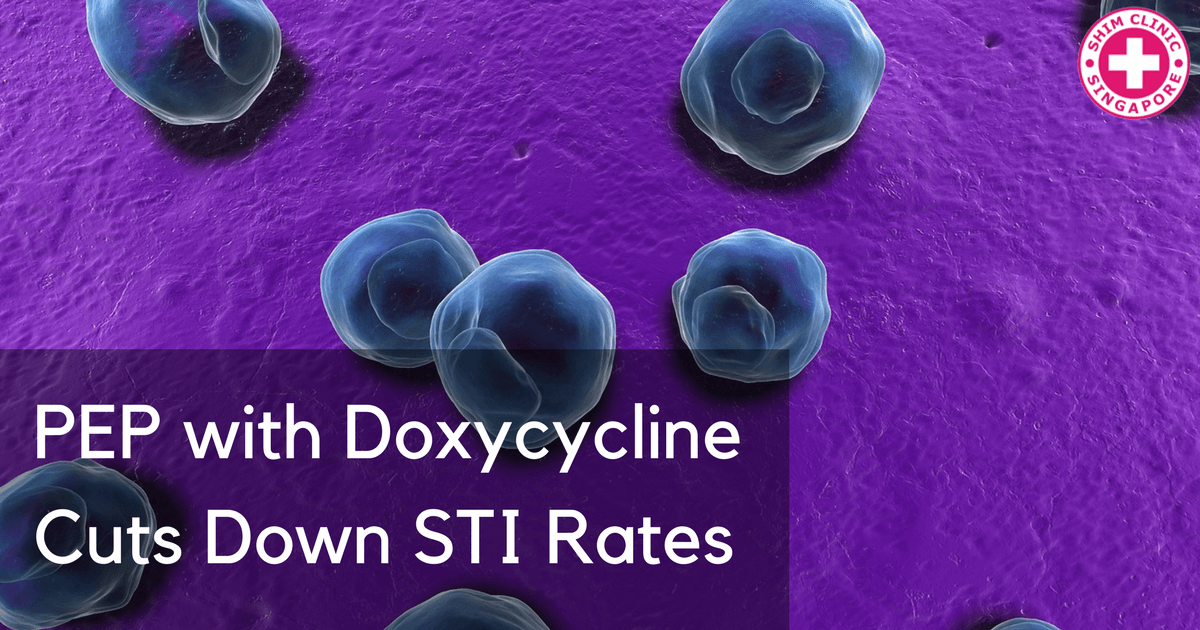New research conducted by French researchers has shown the possibility of a reduction in sexually transmitted infections with the use of PEP with doxycycline. The research comes in handy to deal with the rise in numbers of STI infections such as syphilis and drug-resistant gonorrhea, especially among the gay community for more than 6 years.
Additionally, the STIs mentioned, increase the chances of an individual to contract HIV alongside other consequences that may be detrimental to the said person.
The Study
The study dubbed “gay men from France and Canada at high risk for HIV” involved 262 respondents drawn from the gay community in France and Canada. The open-label study that was conducted by Dr Jean-Michel Molina, the Managing Director from Hôpital Saint-Louis in Paris was drawn from “Intervention Préventive de l’Exposition aux Risques avec et pour les Gays (IPERGAY) study”. This study was created to examine the effectiveness and safety of the combination of three drugs; tenofovir, emtricitabine and sexual-activity-dependent PrEP.
The study carried out in 2017 divided the respondents into two groups; one where 116 of them in the prophylaxis group were given doxycycline pills 72 hours after sexual intercourse without protection and the other 116 that did not receive prophylaxis.
The findings showed that the number of men who acquired a bacterial STI from the first group was fewer as compared to the latter. On the whole, 71% of the respondents were asymptomatic. All the respondents were tested for HIV, gonorrhea, syphilis and chlamydia after every 8 weeks and also received counselling on risk reduction as well as use of condoms.
Results from the Study
The researchers reported a 47% fall in new infections when prophylaxis was used with doxycycline after sexual intercourse and believe that the treatment could be easily applied and highly effective. Furthermore, the findings are thought to have huge implications in the public health sector all over the world.
However, despite the fact that the results are encouraging, Dr Molina reported that time is not yet right to implement the treatment in clinics just yet. This is due to factors such as the uncertainty of the long-term effects of the strategy as well as the lack of conclusive results of the antibiotic-resistance.
In fact, antibiotic resistance was among the key concerns of some of the researchers who were present during the presentation of the study during the Conference on Retroviruses and Opportunistic Infections 2017.
From the results of the study, it’s clear that the new mode of treatment that combines HIV PrEP, HIV PEP for HIV, and antibacterial PEP for STIs could be the best way to offer comprehensive sexual health care to gay men.
In conclusion, Dr Molina reported that the study does not just affect people socially but health wise as well. She further asserted the need for educating patients on STIs as well as giving them the necessary tools to prevent them. The implementations of the study with the full results could be a game-changer for the gay community which accounts for a substantial percentage of new STI and HIV infections.
Reference: Conference on Retroviruses and Opportunistic Infections (CROI) 2017: Abstract OA 91LB. Presented February 15, 2017.

